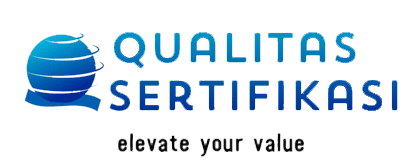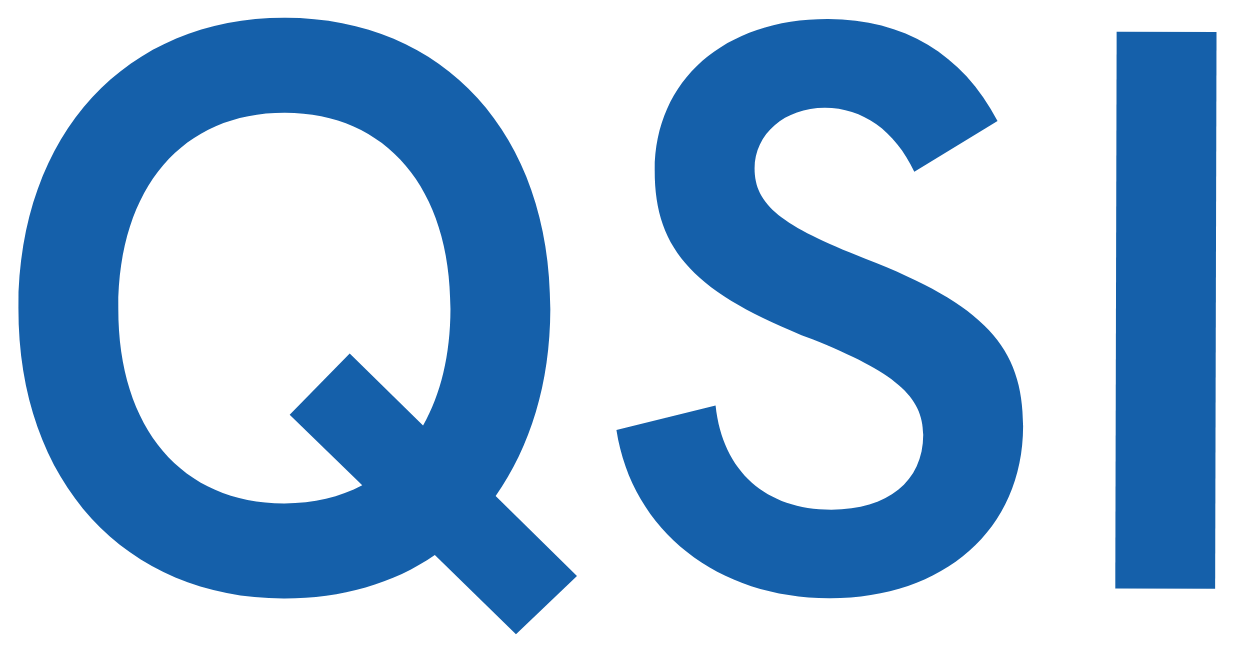International Sustainability
& Carbon Certification
Standard overview
International Sustainability & Carbon Certification (ISCC) is a globally recognized certification system that ensures sustainable, deforestation-free, and traceable supply chains for a wide range of sustainable feedstocks, including agricultural biomass, biogenic wastes, non-biological renewable materials, and recycled carbon-based materials.
It verifies compliance with environmental, social, and economic sustainability requirements, supporting the transition to a circular economy and reducing carbon footprints.
Source: ISCC
Standard owner
International Sustainability and Carbon Certification (ISCC) is an independent multi-stakeholder initiative governed by ISCC System GmbH.
This organization is responsible for the development, surveillance, revision, and continuous improvement of the ISCC certification system.
For more detail, please visit ISCC website.
Certification scopes
ISCC EU
Designed to verify compliance with the sustainability and greenhouse gas (GHG) emission savings criteria set forth by the European Union's Renewable Energy Directive (RED II).
ISCC PLUS
Applicable for the bioeconomy and circular economy for food, feed, chemicals, plastics, packaging, textiles, and renewable feedstock derived from a process using renewable energy sources.
ISCC CORSIA
Developed to demonstrate compliance with the Carbon Offsetting and Reduction Scheme for International Aviation (CORSIA) requirements for sustainable aviation fuels.
ISCC Japan FIT
To incorporate the Japanese Feed-in-Tariff (FIT) system by Japan’s Ministry of Economy, Trade, and Industry (METI), ensuring that products certified under this standard qualify for the system.
Certification Process
1. Fill the Application Form
Companies must complete and submit the application form with the necessary details
2. Application Review
The submitted application is reviewed to verify completeness and eligibility
3. Complete the Audit Payment
Upon approval of the application, the company proceeds with the required audit payment
4. Plan the Audit
The audit schedule is arranged based on mutual agreement between QSI and the client
5. Conduct the Audit
An audit is performed to assess compliance with the relevant standards
6. Certification Decision
Based on the audit results, QSI decides whether to:
- approve, or;
- reject the certification.
If rejected, companies may follow the appeal procedure
7. Certificate Issuance
If approved, the certification is granted, and the certificate is issued.
Documents
FAQs
Got a Question?
We are just one message away!







